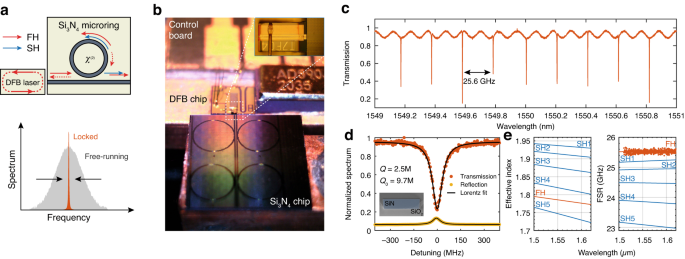2023-12-18 デンマーク工科大学(DTU)
◆彼らは「life2vec」と呼ばれるモデルで6百万人のデンマーク人の健康データを分析し、性格や死亡時期などを高精度で予測。
◆しかし、このモデルには機密データや倫理的な課題があり、将来の利用には深い理解が必要です。研究者は、技術の進展に対する民主的な対話が重要であり、さらなる情報の組み込みや社会科学との新たな連携が今後の展望として挙げられています。
<関連情報>
- https://www.dtu.dk/english/news/all-news/artificial-intelligence-can-predict-events-in-peoples-lives
- https://www.nature.com/articles/s43588-023-00573-5
生命現象のシーケンスを使って人間の一生を予測する Using sequences of life-events to predict human lives
Germans Savcisens,Tina Eliassi-Rad,Lars Kai Hansen,Laust Hvas Mortensen,Lau Lilleholt,Anna Rogers,Ingo Zettler & Sune Lehmann
Nature Computational Science Published:18 December 2023
DOI:https://doi.org/10.1038/s43588-023-00573-5

Abstract
Here we represent human lives in a way that shares structural similarity to language, and we exploit this similarity to adapt natural language processing techniques to examine the evolution and predictability of human lives based on detailed event sequences. We do this by drawing on a comprehensive registry dataset, which is available for Denmark across several years, and that includes information about life-events related to health, education, occupation, income, address and working hours, recorded with day-to-day resolution. We create embeddings of life-events in a single vector space, showing that this embedding space is robust and highly structured. Our models allow us to predict diverse outcomes ranging from early mortality to personality nuances, outperforming state-of-the-art models by a wide margin. Using methods for interpreting deep learning models, we probe the algorithm to understand the factors that enable our predictions. Our framework allows researchers to discover potential mechanisms that impact life outcomes as well as the associated possibilities for personalized interventions.




